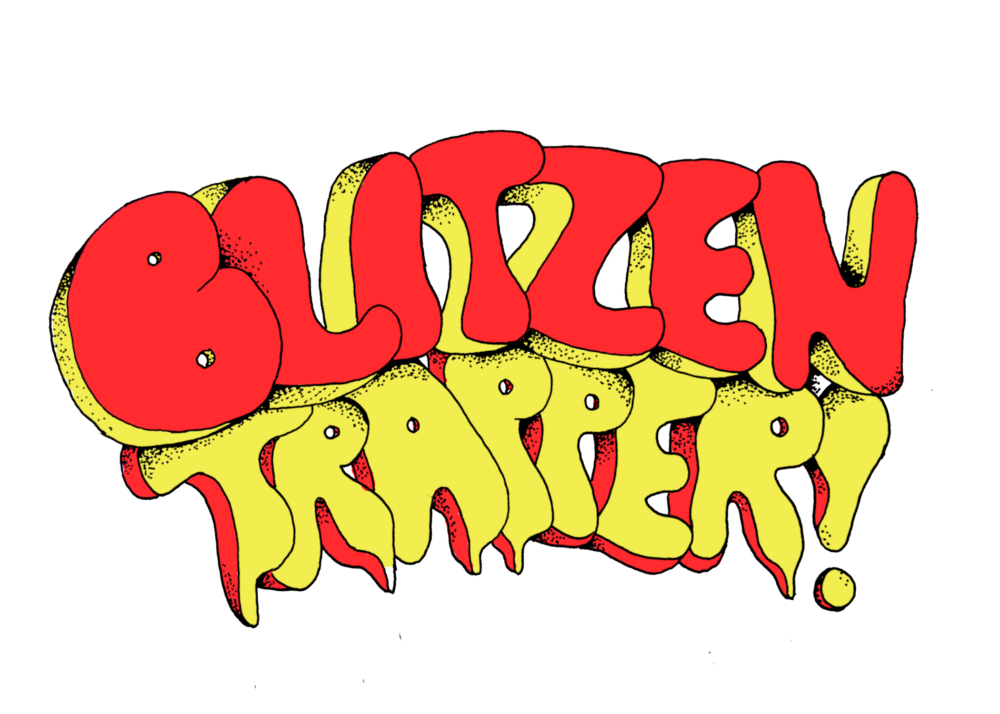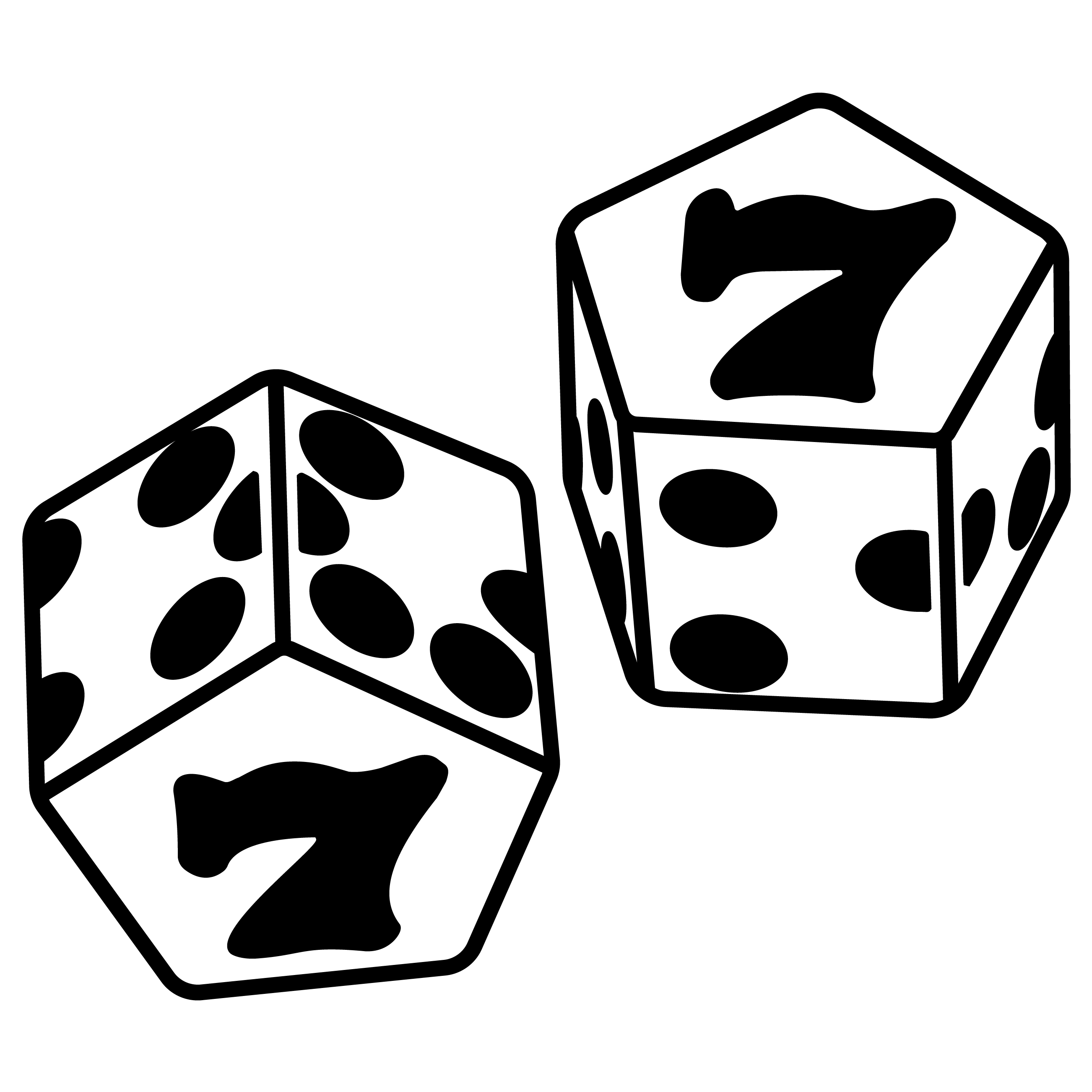Came across this earlier at http://moopcity.wordpress.com/2012/04/14/blitzen-trappers-dirt-punk/ and thought it was a decent read. There are some factual errors—for example, the idea that BT is "really big"—but I think the arc outlined here, however fantastical, is characteristic of many bands these days. Especially in Portland, where there is no music biz establishment to guide young artists into the marketplace, seems like much of the best (read "most interesting") stuff will never be heard.
What do you guys think? Was Field Rexx BT's high point? Is the title track on Wild Mountain Nation really its most trite moment? Has the writer ever heard of Garmonbozia? (My guess is no since he posits a greater profligacy post-WMN).
"Portland’s Blitzen Trapper started life with two extremely unsuccessful records. It wasn’t until the third, fortuitously picked up and backed by Pitchfork and Spin, that they first tasted real fame of a sort; by then they had already begun to sand their roughest edges down to the benevolently kooky country-rock shine that they sport now, nine years and six albums later.
"And yet, it is the first two – Blitzen Trapper and Field Rexx – which deserve all the attention: beneath the sloppy, low-fi clatter and the goofing off born of the knowledge that nobody’s listening, I truly believe that the Trapper were once in possession of the fine balance of qualities which distinguish great musicians from the merely good. If they became famous for their wild country melodrama and their tendency to go off on extremely eccentric musical tangents, it is because those things were easy to grasp, describe, and, eventually, sell. For me, their true strengths lay in other things, in an effortless command of melody (sometimes buried under slacker-monkey noise, sometimes not), in the sense they conveyed of being part of a much larger and older world in spite of living in no world but their own, in their yokelish charm (“every time I kiss your lips, I swear it makes me sneeze” etc.), and their dedication – dearly bought at the expense of clarity – to sounding like something that’d keep them, rather than anyone else, entertained.
"For a time, Blitzen Trapper embodied the question of our age: how does an artist reconcile their influences, which are not of any specific time or place and are all laid out equally, with their chosen direction, which happens to lie in making dirt-punk noises in the basement? Refusing to be pinned down, the Trapper instead boiled up a home-made aesthetic, classicist ideas of pop songwriting, post-77 ideas of slacker cool & cut-rate production, cheap synth kitsch, shaggy-dog playing, geeky eccentricity and big-radio hookiness. For all their obvious harking back to older kinds of music, the Trapper records couldn’t have happened before the 2000s; fragmentation to this extent has only been possible in these times. The Trapper are its success story, a true celebration of this modern-day chaos.
"The third record – Wild Mountain Nation – became popular for good reason: it has both the easy tunefulness and the wild, angular jab-and-stab of the début and Field Rexx, but whittled down to convenient album length and polished up. Tellingly, Rolling Stone latched on to its most trite moment, while Pitchfork, honouring it as the “best new music” of 2007, dwelt on its improbably wild genre-hopping. My personal high point, on the other hand, is the magnificentSci-Fi Kid, because it welds an icy Russian riff to a Commodore 64 beat. If there’s one thing this tells us, it’s that the Trapper still had enough creativity so that no one song of theirs could sum up the whole gig, and that there was enough substance that people could read into them what they wished.
"Shortly afterwards, they would become more prolific, more focussed, more cogent, easier to listen to, better produced and better marketed, with a better record deal. That was when they became really big, and that was when I lost interest."


